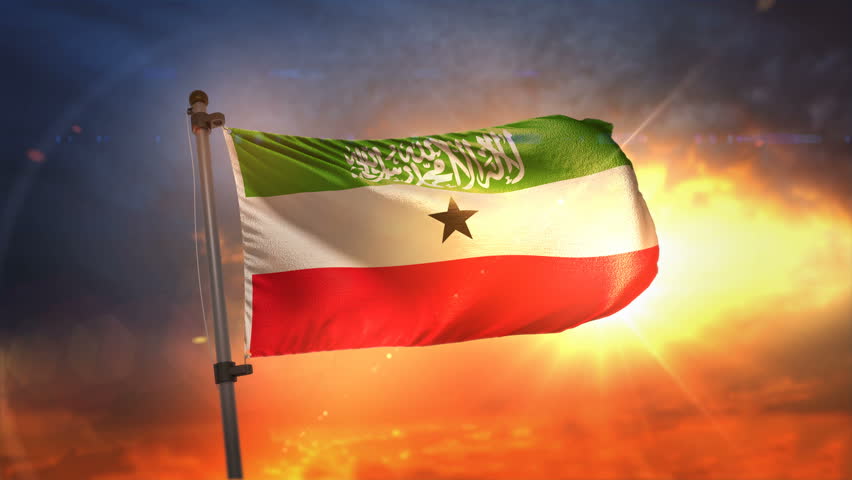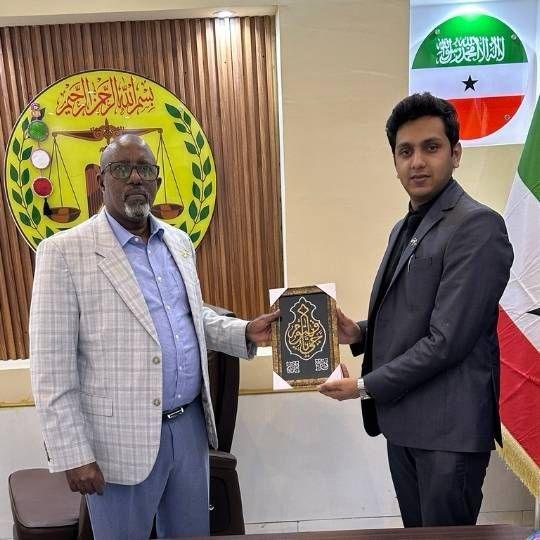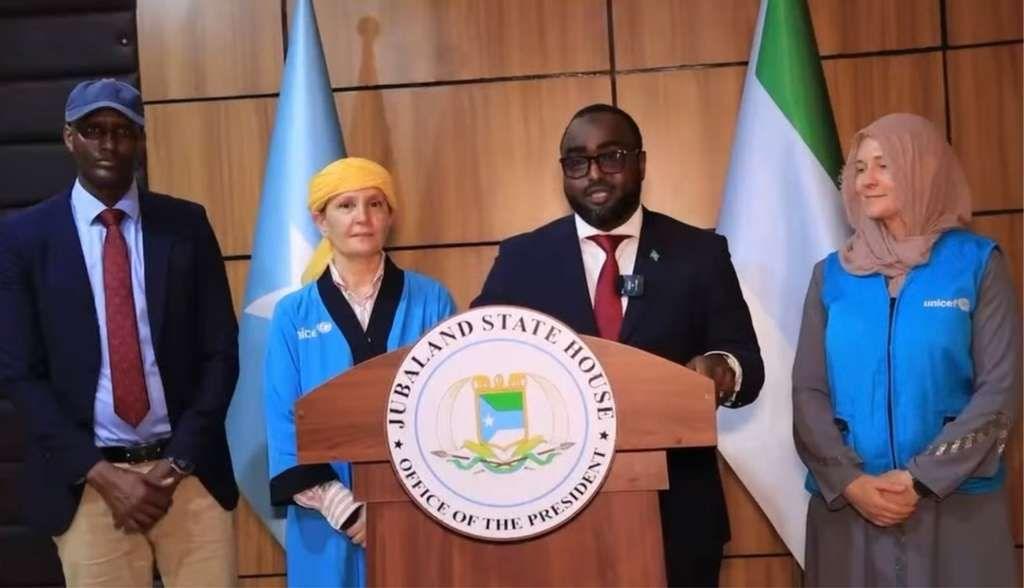By: Fathi Garaad Essa (Somaliland)
For over three decades, Somaliland has charted an extraordinary political course, blending modern democratic institutions with traditional clan governance to create one of the most stable polities in the Horn of Africa. This innovative hybrid system emerged organically from the ruins of state collapse, combining a constitutionally defined government with the deep-rooted authority of clan elders. While this model has delivered unprecedented peace and cohesion, new economic, demographic and geopolitical realities demand careful reform to ensure its continued success.
The Foundations of Stability
Somaliland’s governance system represents a pragmatic fusion of old and new. At its core lies a carefully negotiated social contract between modern state institutions and traditional authority structures. The 2001 constitution establishes a presidential system with a bicameral legislature, including an elected House of Representatives and a House of Elders (Guurti) composed of clan leaders. This institutionalizes what scholar Mark Bradbury calls “a government of elders by elders,” where formal power-sharing mechanisms prevent any single clan from dominating the political process.
The system’s success is measurable. Since 1991, Somaliland has:
- Maintained continuous peace while neighboring Somalia descended into chaos
- Conducted six competitive elections (three presidential, three parliamentary)
- Achieved five peaceful transfers of power
- Developed functioning tax collection and public services
This stability stems from the system’s ability to channel clan competition into constructive politics. As political scientist Sarah Phillips notes, “Somaliland didn’t eliminate clan politics – it successfully institutionalized them.” The Guurti serves as both legislative chamber and national conflict mediator, while local disputes are resolved through customary xeer law administered by elders.
Mounting Pressures for Change
Despite these achievements, three structural challenges are testing the system’s limits:
- Economic Constraints
- The clan-based power-sharing model creates significant transaction costs for development. Major infrastructure projects like the Berbera Corridor face delays as leaders negotiate which clans will benefit from contracts and jobs. The World Bank estimates these inefficiencies cost Somaliland $250-300 million annually in missed investments.
Private sector growth is similarly constrained. A 2022 survey of Hargeisa businesses found:
- 68% reported clan considerations affected hiring decisions
- 54% said procurement processes favored certain clans
- Only 12% of firms could access bank loans without clan connections
- Youth Frustration
- With 70% of the population under 30, generational tensions are rising. University graduates face unemployment rates exceeding 60%, while many perceive clan-based hiring as exclusionary. As activist Amina Hersi argues, “Our degrees mean nothing if jobs go to clan cousins.”
The political system shows similar generational gaps:
- Average age of MPs: 52 years
- Youth (18-35) representation in parliament: 9%
- Voter turnout among under-30s declined from 58% (2017) to 41% (2021)
- Recognition Dilemmas
- While Somaliland’s stability attracts international partners, its governance model puzzles foreign observers. The European Union’s 2023 assessment noted “unclear lines between formal state institutions and traditional authority structures.” More critically, the African Union questions how a system with unelected elders in parliament meets democratic standards for recognition.
A Roadmap for Reform
Somaliland’s challenge is to modernize without destabilizing. A phased approach could include:
Phase 1: Institutional Tweaks (2024-2027)
- Transform the Guurti into an elected Senate while creating an Elders’ Council as an advisory body
- Introduce party primaries to reduce clan control over candidate selection
- Implement 30% youth quotas for all government appointments
- Establish a national land registry to reduce clan-based territorial disputes
Phase 2: Constitutional Rebalancing (2028-2032)
- Clarify the separation of powers between traditional and state institutions
- Formalize xeer law’s role within the judicial system
- Expand diaspora voting rights through e-voting pilots
Safeguarding Stability
Critically, reforms must preserve Somaliland’s core achievement: clan buy-in to the political system. Proposed safeguards include:
- Grandfathering current elders into transitional roles
- Establishing a Stability Oversight Committee with elder representation
- Creating a 10-year, $50 million annual transition fund
The Stakes
Somaliland stands at a crossroads. Its hybrid governance model brought peace where others failed, but now risks becoming a straitjacket. As entrepreneur Mohamed Ali observes, “We built a system that stopped us killing each other. Now we need one that lets us thrive together.”
The path forward requires balancing tradition with progress, clan solidarity with individual merit, and stability with dynamism. By carefully evolving its political model, Somaliland can secure its economic future, empower its youth, and strengthen its case for recognition – all while preserving the social cohesion that made its success possible. In an unstable region, this may be Somaliland’s most important innovation yet.
Author is based in Hargeisa, Somaliland. He specializes in project management, policy and investment advisory, and AI-integrated solutions, with a strong focus on climate advocacy. He has contributed to both public and private sector initiatives across the Horn of Africa and beyond.





